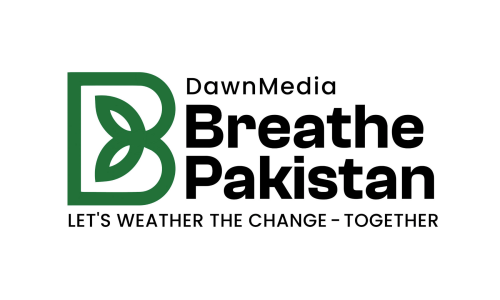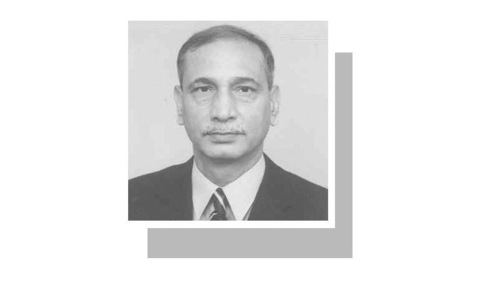HEART disease is fast becoming an epidemic in Pakistan, increasingly affecting younger populations. Karachi, for example, now sees 40-45 heart attack patients admitted daily at the city’s biggest cardiac hospital, the NICVD, with about 15pc of these cases involving 25-40-year-olds. Making matters worse are sedentary lifestyles; excessive consumption of high-fat, trans-fat-rich foods, air pollutionand smoking. Studies reveal a strong correlation between poor diets, physical inactivity, and early onset of conditions such as diabetes and hypertension — key risk factors for cardiovascular disease. In Karachi, obesity levels in some parts are as high as 70-80pc, driven by junk food consumption and misleading advertisements promoting unhealthy oils. Cardiologists also highlight a lack of accessible spaces for exercise as a major contributor to the crisis. And with the advent of Covid-19, cardiovascular complications are not rare, especially in individuals with pre-existing conditions like diabetes. An overlooked aspect is traffic noise. Researchers have found that every five-decibel increase in 24-hour noise level correlates with a 34pc increase in heart attacks, strokes, and other heart-related problems.
The synergy of these factors puts us in a precarious position, where treating non-communicable diseases could overwhelm the healthcare system. The government must act by implementing policy reforms such as higher taxes on sugar-sweetened beverages and fast food, improving public infrastructure to encourage exercise, and erecting noise barriers. It must also ensure more green spaces and vegetation, which not only improve well-being, but also serve as natural methods of sound absorption. Promoting awareness through educational campaigns is as important. As individuals, Pakistanis must adopt healthier diets, reduce trans fats, prioritise physical activity, and resist the urge to honk on the roads. A focus on preventive measures — reducing sugar, eating better, and weaving exercise into our routines — could significantly lower cardiovascular risks. Without immediate intervention, the country risks a healthcare burden it cannot afford to bear.
Published in Dawn, October 26th, 2024












































Dear visitor, the comments section is undergoing an overhaul and will return soon.